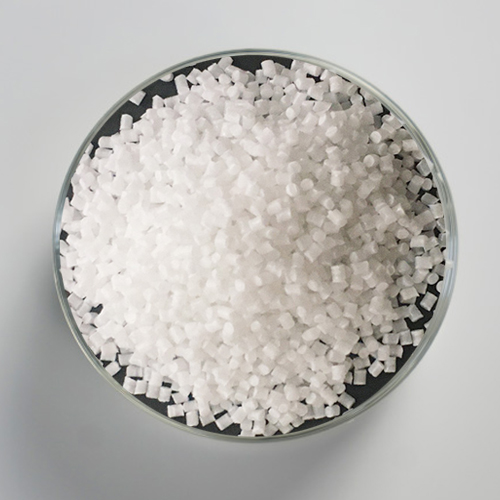Introduction
Polypropylene is a versatile thermoplastic polymer widely used in the production of various everyday products. In this blog post, we will explore the world of polypropylene, its susceptibility to bacterial growth, and how AntibacMax Antimicrobial Agent can enhance the antibacterial properties of polypropylene products.
What is Polypropylene?
Polypropylene, often abbreviated as PP, is a synthetic polymer made from propylene monomers. It is known for its exceptional durability, resistance to moisture, and chemical inertness. Polypropylene is used to manufacture a wide range of products, including packaging materials, textiles, automotive parts, and medical devices.
Can Bacteria Grow on Polypropylene?
Polypropylene is considered a relatively low-nutrient and non-porous material. While bacteria can grow on almost any surface given the right conditions, polypropylene’s smooth and non-absorbent surface makes it less conducive to bacterial colonization compared to more porous materials. However, bacterial growth on polypropylene can occur if the material is contaminated with organic substances or in environments with high humidity.
Is Polypropylene Naturally Antibacterial?
Polypropylene itself does not possess natural antibacterial properties. Bacteria can adhere to its surface, and under suitable conditions, they may proliferate. This is particularly relevant in applications where hygiene is critical, such as food packaging, medical equipment, and household products.
AntibacMax Antimicrobial Agent: Enhancing Polypropylene’s Antibacterial Properties
AntibacMax Antimicrobial Technology is a cutting-edge solution that capitalizes on the antimicrobial attributes of silver, zinc, and copper metal ions. When incorporated into polypropylene products or coatings, AntibacMax gradually releases these metal ions, which actively target and disrupt bacterial cell membranes, impeding bacterial growth and replication.
The application of AntibacMax in polypropylene products can:
- Provide Long-lasting Protection: AntibacMax enhances the antibacterial properties of polypropylene, offering durable protection against bacterial contamination. For example, consider the application of AntibacMax in the manufacturing of polypropylene-based antimicrobial face masks. These masks, made from PP non-woven fabric treated with AntibacMax technology, not only provide effective filtration of airborne particles but also inhibit bacterial growth on the mask’s surface. This long-lasting protection ensures that the mask remains hygienic and effective for extended periods, reducing the risk of bacterial contamination during prolonged use. (Click to see antimicrobial PP non-woven cloth)
- Enhance Hygiene: In applications where hygiene is crucial, such as medical devices and food packaging, AntibacMax helps maintain a cleaner and safer environment. Let’s take the example of polypropylene food containers used for takeout or food storage. When these containers are infused with AntibacMax technology, they actively prevent the growth of bacteria on the container’s surface, minimizing the risk of foodborne illnesses. This enhanced hygiene feature not only benefits consumers but also assures food safety standards are met in the food industry.
- Odor Control: In scenarios where odor control is crucial, let’s consider the application of AntibacMax in polypropylene-based trash bins used in public places like parks or outdoor events. These bins, incorporating AntibacMax technology, not only resist bacterial growth but also effectively control odors that can develop from the waste within. By inhibiting microbial activity and neutralizing odors, AntibacMax-treated polypropylene bins help maintain a cleaner and more pleasant environment in public spaces, enhancing the overall experience for visitors.
How to add AntibacMax additive into polypropylene product?
AntibacMax additive is typically introduced into polypropylene products through the masterbatch method. In this process, AntibacMax is incorporated into a polypropylene masterbatch—a concentrated mixture of polypropylene and the additive. The masterbatch is then blended with additional polypropylene resin during the manufacturing process to achieve the desired antimicrobial properties in the final product. This method ensures efficient dispersion of AntibacMax throughout the polypropylene matrix, enhancing its antimicrobial effectiveness.
Conclusion
Polypropylene is a versatile material used in numerous everyday products, but it is not naturally antibacterial. However, by incorporating AntibacMax Antimicrobial Agent, polypropylene products can be enhanced to resist bacterial growth and improve hygiene. Whether in medical equipment, food packaging, or household items, AntibacMax technology adds an extra layer of protection, ensuring a safer and more hygienic user experience.


-300x210.jpg)

